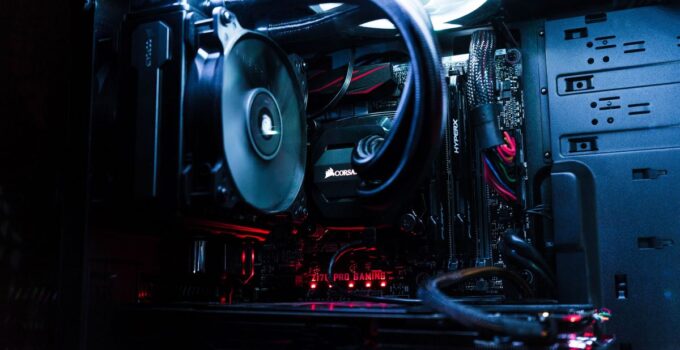You can easily find powerful personal computers (PC) in stores these days. However, there are times when these pre-packaged setups don’t give justice to the programs that you typically run on your system. If you’re experiencing this problem, the best course of action is to build your own workstation.
It can be daunting to think about all the components that you have to decide on, especially for first-time builders. Nonetheless, one of the primary advantages of computers is that they have a modular design. This means that you can take out their parts and replace them as you see fit.
Your primary tool for building your own computer is research. Take inspiration and ideas from resources, like pcgamehaven.com, which provide information on the best budget gaming PCs.
Meanwhile, here are some tips to help you:
Page Contents
1. Know Your Games’ Specs Requirements
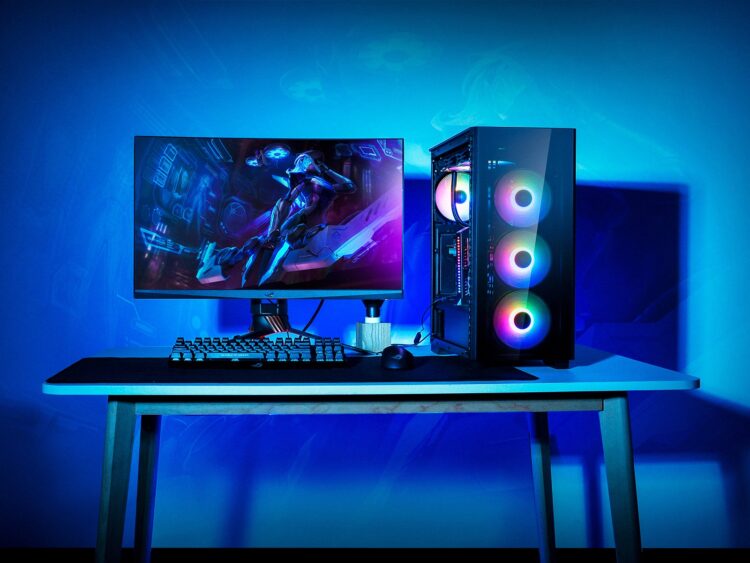
Source: medium.com
While you know that your main objective in building a PC is for gaming, you also have to consider the different specifications of the video games that you want to play. “Minecraft”, “World of Warcraft”, and “League of Legends” can actually run on low-end workstations, but the graphics and gameplay might not be as smooth as you want.
On the other hand, games like “Metro Exodus” and “Deus Ex: Mankind Divided” are two of the most graphics-heavy apps in the market today. Companies have also been creating and releasing more graphically-demanding content, which makes it crucial for gamers to have a powerful PC for future-proofing.
2. Determine Your Budget
Aside from understanding the technical requirements that you need to meet so that your games will run smoothly, you should set a budget as well. While it does require a lot of research and resourcefulness, having a figure in mind can help you avoid overspending on components and succumbing to the first supplier that you find.
The computer manufacturer market is very competitive, which is beneficial for buyers since you can find the parts that you need at different price points. You just have to do intensive research so that you can get the best deals on high-quality products.
3. Think about the Ideal CPU Power
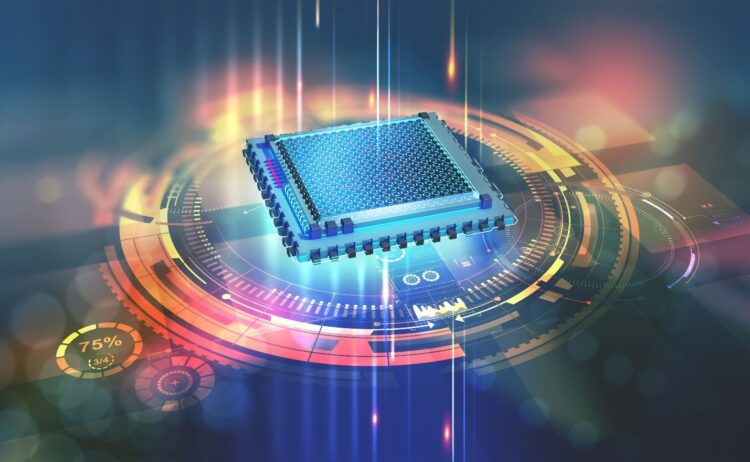
Source: tweaklibrary.com
The central processing unit (CPU) of your computer is the brain of the system. It executes the instructions so that the program can open and do its magic of entertaining you.
Intel and AMD are two major players in the processor market. You can opt for a mid-range i5 from the former or the latter’s Ryzen 5.
While a CPU is integral for smoother gameplay, these options are already powerful enough. Instead, invest in the graphics card and memory, which will be discussed later. Of course, you can still buy a more powerful processor, again, to future-proof your build.
4. Consider the Motherboard
Even if computers have a modular design, you should still ensure that all components are compatible. Before buying the parts, you must find a motherboard that can house all of the hardware that you plan on incorporating into your system.
These are the sections that you should check:
- PCIe Slots – The peripheral component interconnects the express (PCIe) part of the motherboard allows you to connect with the PC’s critical components, such as the video and sound cards.
- SATA Ports – These Serial ATA (SATA) ports includes the data and power connector. It’s where you connect the different drives.
- Memory Slots – In case you want to increase your computer’s memory in the future, you’ll want more memory slots for the desired level.
- USB Slots – You also have to consider the number of ports for universal serial bus (USB) components, especially if you’ll be connecting a lot of peripherals.
5. Choose the Right Graphics Card and Memory
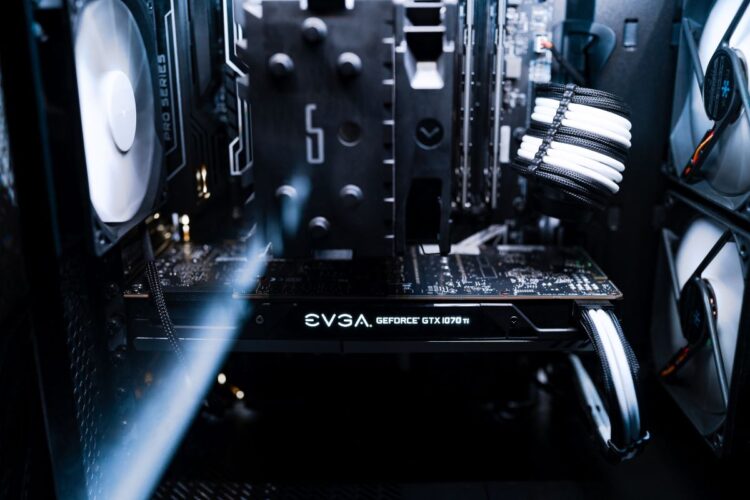
Source: pexels.com
As mentioned above, the graphics card or graphic processing unit (GPU) is slightly more important than the CPU. This component boosts the creation and rendering of visuals, like images, videos, and animations, which are prevalent in video games.
When choosing a graphics card, the game specs come into play again. Additionally, you also have to think about future PC expansion, as you might want to upgrade your GPU regularly if you’re an avid gamer.
Your computer would also need a Random Access Memory (RAM) with higher frequency and capacity. This part of your PC is an active participant when running games because it’s where the latter’s variables and content are loaded into. The current minimum requirement for a gaming PC RAM is 8 GB, but you should opt for the 16 GB variant if you want optimal performance.
Meanwhile, you should think about going for a solid-state drive (SSD) when building a gaming PC as well. An SSD offers faster loading times, which will prove beneficial during moments that you really want to play your video game right away.
6. Look for a High-Quality Power Supply Unit
You’ll need a power supply unit (PSU) that can withstand the amount of gaming that you’ll be doing on your PC. Unlike other gadgets that you can plug and play straight from the electrical outlet, your computer routes the alternating current (AC) into the direct current (DC) according to the required voltage for each component.
The PSU that you purchase must provide reliable and clean power. An unstable power supply can damage your computer, from the CPU, motherboard, and graphics card. A 600-watt power supply is ideal for gaming PCs.
7. Find a Cooling System
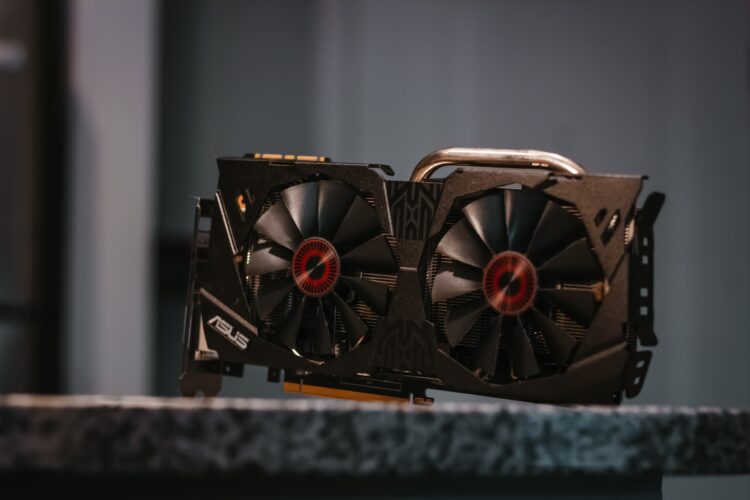
Source: unsplash.com
Video games typically require all of the computer components to work hard. In turn, the hardware would generate heat. You need a reliable cooling system to ensure that your PC doesn’t overheat as this would lead to performance issues. You can choose between air or water cooling, depending on your needs and preferences.
Conclusion
Building a gaming PC isn’t as complicated as it seems. You just have to research each of the components intensively and understand the demands that you’ll need to meet. Think about your budget and the technical requirements of your video games.
Consider the CPU, GPU, motherboard, and memory. You should also look for a cooling system to ensure that your hardware won’t overheat during periods of extensive gameplay.

